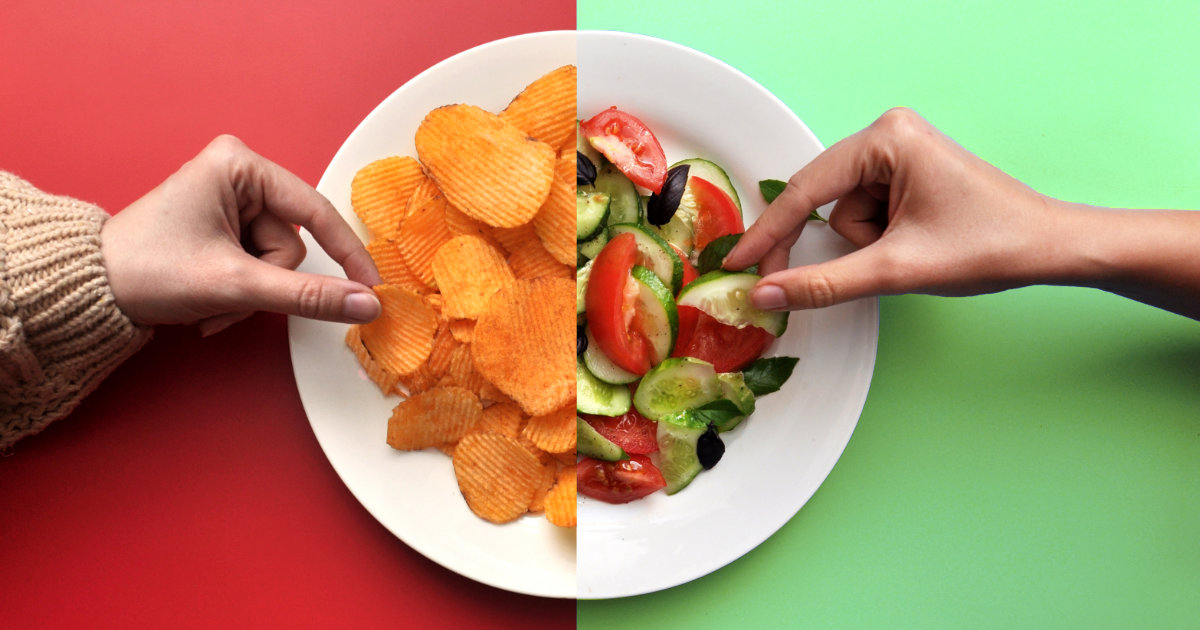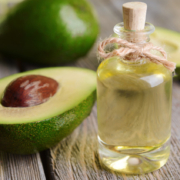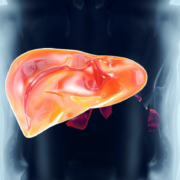Ultra-Processed Foods: Losing Calories
In our examination of the research on ultra-processed food (UPF), we’ve found out that we consume more calories and that we absorb more calories if we eat UPF. The final question is probably going to seem a little unusual. Do we actually lose more calories if we eat less UPF? In other words, do we actually eliminate calories if we eat a diet favorable to our microbiome? This is really interesting: we may actually not absorb every calorie we consume! I must admit that this one surprised me; I didn’t realize that we lost calories in our stool under healthy conditions.
Researchers wanted to test whether diet could influence the number of calories lost in feces among a variety of other variables. The researchers recruited 17 healthy, normal-weight to overweight men and women with an average age of 31. They designed a diet that could enhance the microbiome by feeding the healthy microbes that reside in the colon. They matched the diet for percentages of calories and macronutrients with a Westernized diet. The major difference was the fiber content and level of resistant starch; the Western diet included more highly processed foods.
At different points in the study, on both types of diets, they measured the exact calories consumed, calories used in exercise, rest, and sleep, and collected all urine and stool for 24 hours. The most interesting result was that the microbiome-friendly diet increased the calories lost in the stool by an average of 116 calories per day. The bacteria were using the fiber and resistant starch to manufacture more metabolizable calories, but they were lost in feces. They weren’t absorbed, so those calories do not apply.
What does it all mean? More than that, what is the question that hasn’t been answered by any study on ultra-processed food? I’ll cover that on Saturday.
And here’s one more reason to limit UPF, according to an article in the Washington Post: “…eating more pro-inflammatory foods, such as processed meats or sugary sodas, was associated with a higher risk of fecal incontinence. The authors hypothesized that pro-inflammatory foods could have negative interactions with the gut microbiome and diminish the function of the muscles and nerves of the pelvic floor.”
What are you prepared to do today?
Dr. Chet
Reference: https://doi.org/10.1038/s41467-023-38778-x









